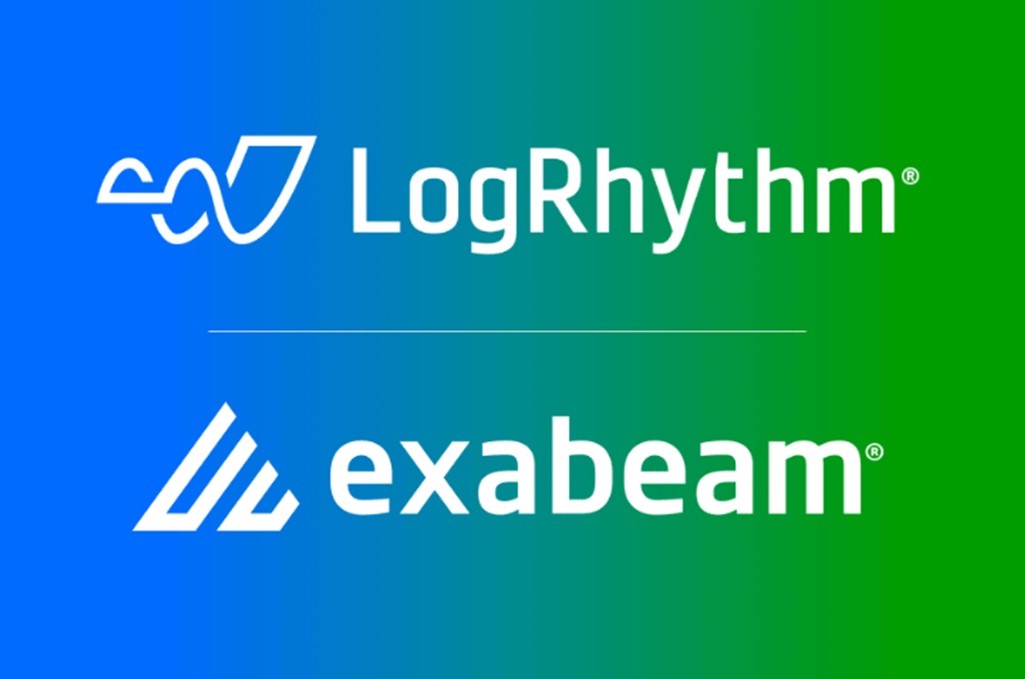Gartner has revealed its top nine workplace predictions that HR leaders will need to address in 2024 and beyond to successfully position their organizations to attract and retain top talent and drive business outcomes.
“We have seen several shifts affecting the workplace, including the emergence of generative AI (GenAI), pilots around establishing a four-day workweek, and changes to traditional careers,” said Emily Rose McRae, Senior Director Analyst in the Gartner HR practice. “This year’s predictions highlight the aspects of work that HR leaders must prioritize over the next 12 months.”
The top nine predictions for HR leaders are:
The Cost-of-Work Crisis Reaches a Breaking Point
Employees who have been working remotely or in a hybrid environment have experienced what it is to work without bearing the costs – financial, time and energy – associated with going into an office daily. As many employers implement a mandate for remote employees to return to the office after long periods of remote work, employees now have a sharper awareness of what they “spend” to go to work.
In 2024, organizations looking to attract and retain talent will not just try to find the perfect hybrid strategy, but they will look to tackle the cost of work head-on via two strategies: by sharing the tangible and intangible costs of returning to the office or by finding ways to reduce the total costs. This may include things such as: caregiving benefits, housing subsidies, financial well-being programs, or the ability for associates to bring their pets to work.
AI Creates, Not Diminishes, Workforce Opportunity
Despite anxiety and significant discussion around how GenAI will impact jobs, in the short- to medium-term, generative AI will fully replace few jobs. GenAI will lower the level of technical skills needed for many roles, widely increasing the roles for which candidates can qualify. Many jobs heavily impacted by GenAI will be redesigned and will have new responsibilities that include interacting with GenAI tools.
This year, leaders should partner with HR to assess how GenAI investments should change their teams’ roles and workflows, and how to identify potential internal candidates for newly redesigned roles. HR must also evaluate the impact on hiring strategies, identifying which technical requirements and assessments are now unnecessary for open and upcoming roles and determining how to assess talent against any new skill needs.
Four-Day Workweeks Go from Radical to Routine
A four-day workweek (4DWW) has become a centerpiece of large-scale studies in performance, union negotiations, and the preferences of many workers. Embracing a 4DWW will require organizations to rethink the cadence of the work week and re-examine what is necessary to get work done.
Organizations in 2024 will use 4DWWs to improve talent outcomes – including employee engagement, performance and well-being – and business outcomes, including eliminating inefficiencies, increasing talent attraction and retention and driving competitive advantage.
Employee Conflict Resolution is New Must-Have Skill for Managers
Conflicts between employees are poised to be at an all-time high in 2024 due to geopolitical crises, labor strikes, climate change, pushback to DEI efforts, and upcoming elections for half of the globe. Conflict resolution requires actively working through challenging moments, pulling employees back from ostracizing colleagues with opposing viewpoints to focus on areas of mutual respect, or at least neutrality.
“Managers who can effectively navigate and manage interpersonal conflict among employees will have an outsize positive impact on their organizations; the question is how many really feel trained and prepared to do so,” said Peter Aykens, Chief of Research in the Gartner HR practice.
Organizations should consider bringing in dedicated conflict management trainings, creating shadowing and coaching opportunities for new managers to see how experienced leaders resolve intense conflicts between employees, and finding ways to recognize and reward effective conflict resolution at all levels of the organization.
Generative AI Experiments Will Yield Hard Lessons and Painful Costs
Enthusiasm, hype, and a strong fear of missing out or being left behind are driving executives to push for the implementation of GenAI within their teams and organizations. Companies will need to actively manage the risks of GenAI, including more rigorous access and file classification policies internally, and solid quality control and judgment when utilizing the outputs of GenAI tools.
These risks don’t outweigh the potential benefits of GenAI, but they will lead organizations to train employees to develop judgment around not just information validity, but also how and when to use GenAI.
Skills Overtake Degrees as the Paper Ceiling Crumbles
College degrees are the top requirement of yesterday’s job descriptions. Organizations today are increasingly shredding the paper ceiling – the invisible barrier workers without degrees face – and embracing skills-based hiring, even for some corporate jobs long considered degree-dependent.
Removing degree requirements from job postings will enable organizations to attract qualified talent by hiring from a much broader talent pool that includes both internally developed talent and workers via Skilled Through Alternative Routes (STARs). Leading organizations are increasingly touting their in-house universities and business schools – and expanding apprenticeship programs – as tailored credential programs that prepare talent with the specific skills they’ll need to advance.
Climate Change Protection Becomes the New In-Demand Employee Benefit
Severe climate change-related events are shifting from localized and episodic to widespread and persistent, and organizations are responding by making climate change disaster response a more visible component of benefits packages.
In 2024 and beyond, organizations will begin to highlight and promote direct climate change protections as a key part of their benefit offerings. These will include explicit commitments to physical safety (such as plans to offer shelter or energy provisions when natural disasters arrive), compensation to impacted employees, and mental health support.
DEI Doesn’t Disappear, It Becomes the Way We Work
There has been a growing sense of disillusionment with DEI over the past few years; in the U.S. there’s even a sense of direct pushback. However, the critical need for diverse, equitable and inclusive workforces remains, leaving organizations uncertain about what to do next.
“In 2024, companies will begin to pivot from DEI existing solely in a silo to having it embedded throughout the organization,” said McRae. “In this new model, DEI will shift to a shared way of working as organizations fully integrate DEI values into business objectives, daily operations and culture.”
Career Stereotypes Collapse in the Face of Workforce Change
The traditional career path where employees rise up the ranks and retire at the peak of their career is going away. Many employees don’t retire at all or do so after a career shift or break. Workers are also facing involuntary disruption to careers due to economic cycles, displacement during conflict and natural disasters, and shifting responsibilities as technology and business models evolve.
As atypical career paths become mainstream, the well-entrenched talent stereotypes that underpin most talent management strategies will prove a growing barrier to talent acquisition and retention. For example, employers will break with the stereotype of career continuity by offering job sharing, gig work or reduced hours to provide greater flexibility. To take advantage of expertise where it exists, regardless of tenure, organizations will break the mold of a step-by-step progressive career trajectory.



